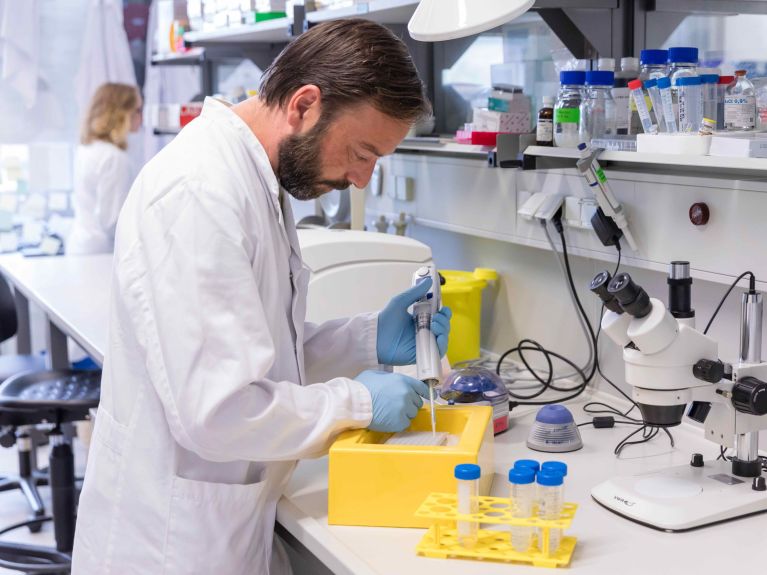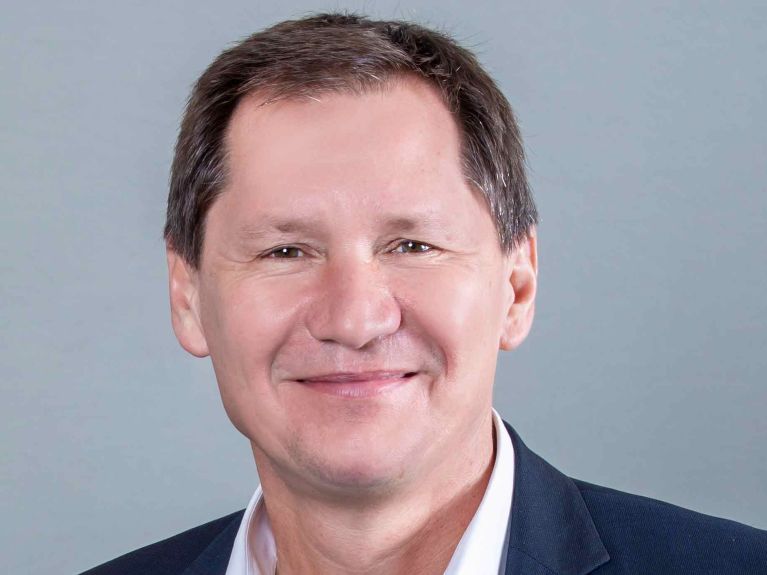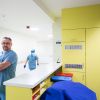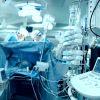Modern medicine, a variety of jobs
Just how many different jobs there are in a modern hospital is illustrated by the example of the state-of-the-art University Medical Center Hamburg-Eppendorf.

Half a million patients are treated at the University Medical Center Hamburg-Eppendorf (UKE) every year. They receive outpatient and inpatient care there. In our interview, Joachim Prölss, executive board member and director of patient and care management, talks about the various jobs at the UKE.
Mr Prölss, the University Medical Center Hamburg-Eppendorf is committed to top-class medicine. What does this mean for your doctors?
For our doctors, treating the most seriously ill patients, especially those with rare conditions about which little is known, is all part of a normal day’s work. One example is metabolic disorders that occur in only roughly 50 children in Germany each year. Furthermore, many doctors conduct research to discover how they could help their patients even better in future. And they teach - at our hospital we train around 3,400 students in human medicine, dentistry and midwifery. The UKE is a leader in research into cancer, cardiovascular disorders and neurology. The infectious disease specialist Marylyn Addo, a professor at the UKE, works for example on developing new vaccines.

Technology is increasingly used in hospitals. What is the situation at the UKE?
We use modern devices and digital technology to give our patients the best possible treatment and to ease the burden on our staff. The UKE is a pioneer in Germany as far as fully electronic patient records are concerned: We were already certified as Europe’s first fully digital hospital back in 2011. Nobody needs to hunt for X-ray images or other diagnostic findings any longer! Previously, staff had to make up drug dosages for each individual patient by hand. That tended to be done during the night shift - time-consuming work that was prone to errors. Nowadays this is done by a robot at the UKE. Once the doctor has prescribed the drugs, the staff at the ward pharmacy check the prescription just to make sure. Then the information is sent to our hospital pharmacy. The robot there puts together small packages containing the respective drugs for each patient; these are then sent to the ward either by our driverless transport system or by pneumatic tube. Then all the nurses have to do is administer the drugs.
There is a shortage of staff in the German healthcare sector. How do you attract staff?
By offering the best possible working conditions: Rosters are carefully compiled so that our employees can optimally reconcile the demands of work and family life. Nursery places are available, plus free childcare during school holidays for our staff. Nursing staff can access free further training and benefit from modern technology to relieve the burden on them, ensuring that they stay healthy and can remain in their jobs into old age. We offer our staff scholarships for degree courses related to care, management and adult education. This is because many of our staff also teach. There are nearly 1,000 training places at the UKE. These include not only the nursing professions but also jobs in the commercial area, in occupational therapy, physiotherapy and numerous other fields.


